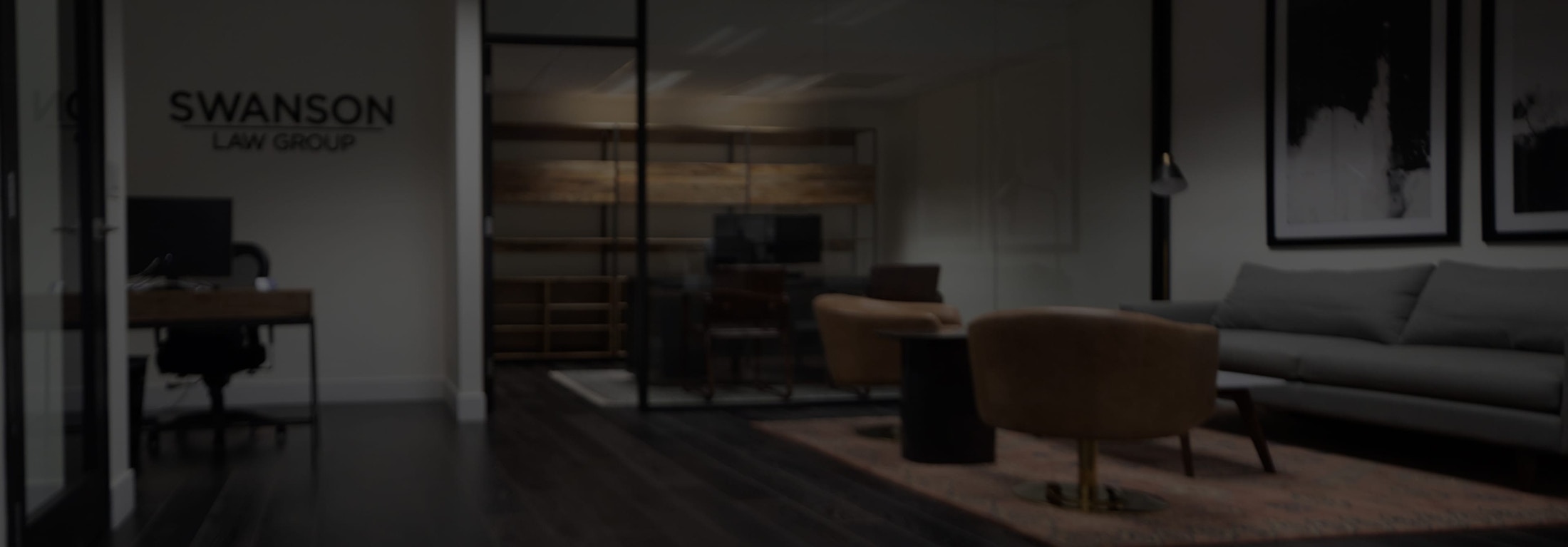Can You File a Premises Liability Claim and Collect Workers’ Comp in California?
Yes—under California law, you may be eligible to pursue both workers’ compensation benefits and a separate third-party premises liability claim if someone other than your employer contributed to your injury.
For example, if you were injured on a property due to the negligence of a landlord, subcontractor, or business owner while performing your job, you can file a personal injury lawsuit against that third party while still receiving workers’ comp benefits.
However, it’s essential to understand that “double recovery” is not permitted:
- If you receive compensation from a third-party claim that overlaps with benefits paid by workers’ comp (such as medical costs), you are legally required to reimburse the workers’ compensation insurer for those amounts
- This principle is outlined in California Labor Code §3856 and related statutes, which allow insurers to recover what they’ve paid if a third party is found liable
Workers’ compensation in California provides a range of benefits based on your injury and ability to work, including:
- Medical benefits, which cover necessary treatment, medication, rehabilitation, and travel to medical appointments (California Department of Industrial Relations)
- Temporary disability benefits, typically equaling two-thirds of your lost wages if your injury prevents you from working for a period of time (CA Labor Code §4653)
- Permanent disability benefits for lasting impairment that affects your earning ability (CA Labor Code §4658)
- Supplemental job displacement benefits, which provide a voucher for retraining if you cannot return to your previous job
- Death benefits, including funeral expenses and financial support for surviving dependents (California DIR)








